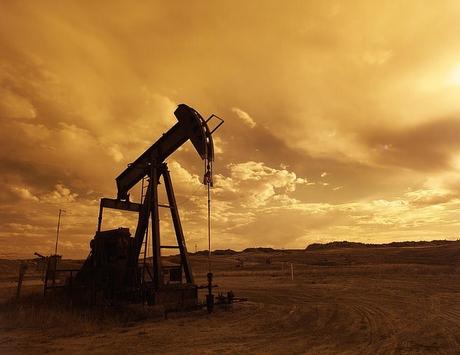Last-minute lobbying forces the European Investment Bank (EIB) to be hesitant at a proposal to halt new investments in fossil fuels. Germany and other nations’ move to weaken, one of the most ambitious climate moves of the financial sector is raising concern.
World’s largest public bank, EIB announced this year to stop lending to new gas projects, having already cut down investment in coal and oil. It would make more money available for renewable energy developments. EU finance ministers were expected to confirm the details of the plan in a board meeting on Tuesday, but last-minute lobbying compelled a postponement.

The bank executives said the plan was still on course and would probably be approved next month.
“The new energy lending policy is a milestone on the EIB’s road to transform itself into the EU Climate Bank. I am pleased about the important progress made today and am confident of securing a final approval in November,” said Andrew McDowell, the EIB vice-president responsible for energy.
However, the climate campaigners fear the further delay in measures and its becoming weakened.
“This delay is a direct result of Germany and the European commission pushing to add more fossil fuels back into the policy. This is the opposite of the leadership demanded by millions of climate strikers and activists around the world,” said Alex Doukas of the NGO Oil Change International. “We are in the middle of a climate emergency, so it shouldn’t be hard to say no to more public money for fossil fuels.”
The EIB sanctioned around €12bn (£10.4bn) in loans for fossil fuel projects, almost all for gas from 2013 to 2017. The gas industry supporters argue that it is a “transition” fuel which reduces demand for higher-carbon oil and coal while providing energy security. However, climate campaigners say gas projects release high levels of methane having far more greenhouse effect compared to carbon dioxide, and the transition to zero-carbon renewables such as wind and solar power will be delayed for this.
According to the EIB, it has provided €65bn and more for financing new projects of renewable energy, but the bank’s president, Werner Hoyer, has called for more urgency. “We believe that gas emissions are too high and cannot be maintained. We must move out of these fossil fuels. We are aware it takes a transition period. We are aware that it takes help for the regions that are dependent on coal and gas. But one should not hide behind these arguments to perpetuate the use of these types of materials,” he said in a recent interview.
According to a leaked copy of a summit communiqué, EU leaders plan to describe global heating as an “existential threat”, but with the difference of the varying speed of action. Poland and Hungary are among few countries that were against the setting of an EU-wide zero-carbon target by 2050. For energy security, Germany reportedly believes that gas is necessary, at least on an interim basis as it would part from coal and nuclear power.
The demand for urgent action is becoming increasingly loud as spearheaded by Greta Thunberg, student climate strikers, Extinction Rebellion protesters and voices of the influential establishment such as David Attenborough and the Church of England. Scientists warned last year that in order to keep global heating to a relatively safe level, there is time little left probably over a decade for the world to transform energy systems.
Surprisingly the financial sectors worldwide continue to move in the opposite direction, especially in the private sector. The Guardian revealed in a weeklong investigation that the world’s largest investment banks and asset management companies had aggressively invested into new coal, oil and gas projects since the Paris Climate Agreement 2015. Mark Carney, the governor of the Bank of England, has warned about most of these assets that would be left stranded, resulting in bankruptcies with a growing risk of a global financial crash.

